Letting go of stuff is one thing, but letting go of sentimental clutter definitely hits different.

These are the things tied to people, moments, and versions of you that no longer exist, but still tug at your heart every time you try to declutter. You don’t want to keep everything forever, but you also don’t want to feel like you’re throwing memories in the bin. Here are the types of sentimental clutter that are tough to part with, and some gentle ways to deal with each one.
1. Old birthday cards and letters

Stacks of cards from people you love—some still in your life, some long gone—can feel impossible to throw out. Each message carries a little moment, a reminder of care or connection that once meant a lot. Instead of keeping them all, choose a few that really capture something personal. Take photos of the rest, or save just the handwriting from someone important. It’s not about erasing love; it’s about keeping the parts that still speak to you.
2. Clothes from a meaningful time
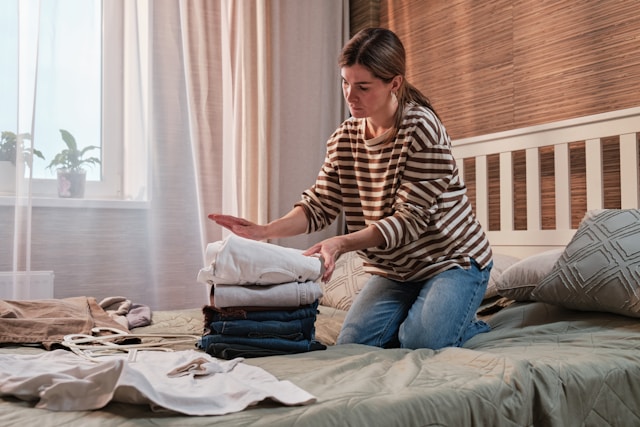
Maybe it’s the outfit you wore to a milestone event, or just an old hoodie from a time when life felt different. These clothes don’t fit your life—or maybe even your body—anymore, but parting with them feels like erasing history. If you’re not wearing it but can’t part with it, try storing one or two pieces in a memory box or turning them into something else, like a quilt or cushion cover. That way, the memory stays, but the clutter doesn’t pile up.
3. Kids’ artwork and school projects
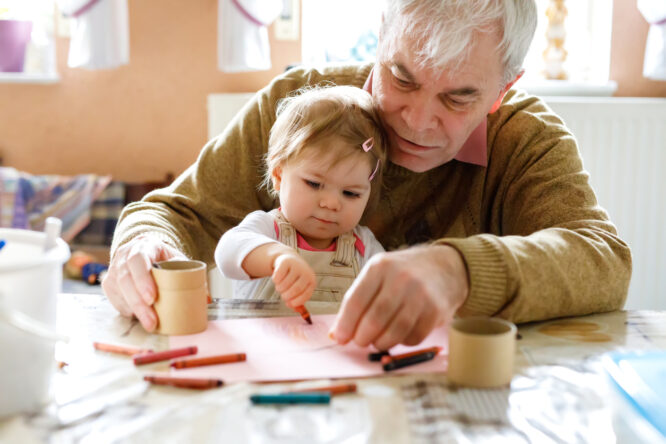
Every scribble feels like a treasure when your child hands it to you with pride. But ten years on, you’re left with bins full of macaroni collages and crayon drawings that haven’t seen daylight since. Pick a few favourites from each age or school year and take photos of the rest. You can make a photo book or folder that still honours the memories without drowning in paper. The love’s still there—you’re just making space around it.
4. Gifts you never liked but feel guilty throwing out
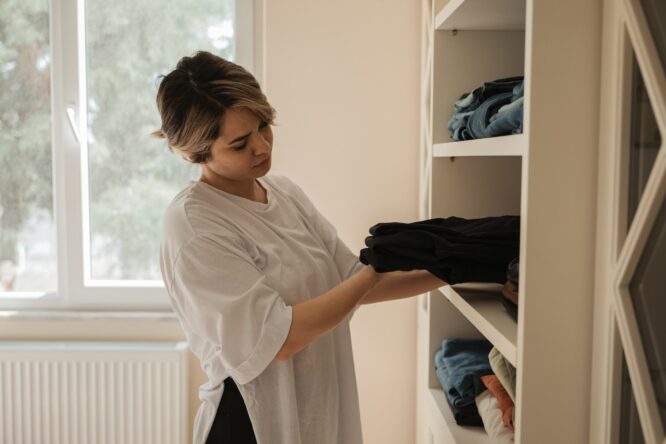
That novelty mug from a former coworker. The scarf you never wore from a relative. You never liked them, but tossing them feels rude or ungrateful, even years later. However, the purpose of a gift is to be received, not stored forever. If it’s not being used or loved, it’s okay to let it go. The sentiment was in the giving, not in keeping it out of guilt.
5. Souvenirs from trips or holidays
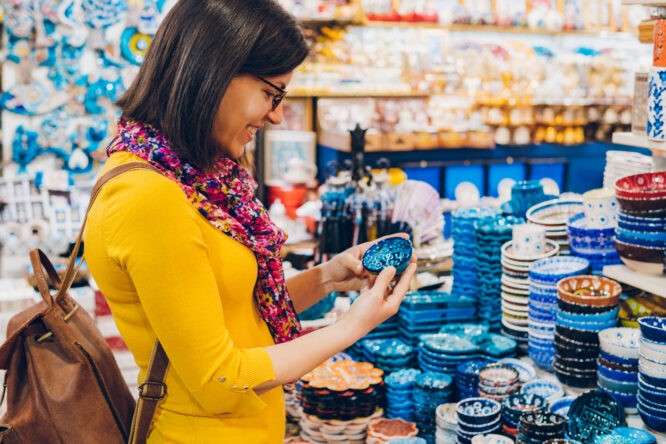
Ticket stubs, hotel pens, travel brochures—they seem small, but as time goes on, they take up a lot of space. It feels wrong to throw them out because they represent memories and experiences you might never repeat. Try choosing one small keepsake from each trip—a photo, a journal entry, or one meaningful item, and release the rest. The trip lives in your head and heart. You don’t need every paper receipt to prove you were there.
6. Childhood toys or stuffed animals
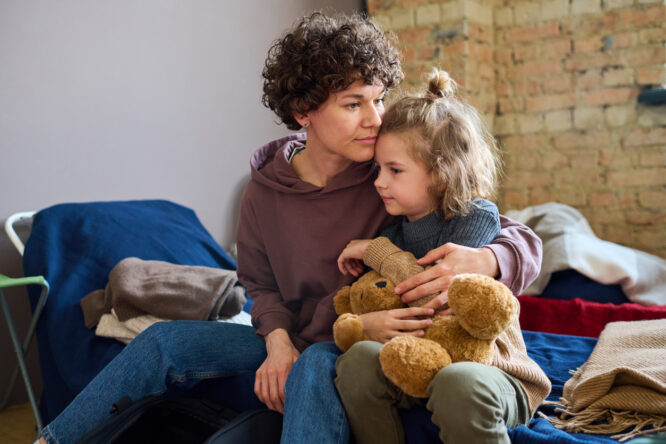
Even if they’re ragged or buried in storage, these toys carry emotional weight. They remind you of who you were before the world got complicated, and letting go of them can feel like letting go of innocence. However, you can honour that part of yourself without keeping everything. Choose one or two that still make you smile. You can even display them as a nod to your younger self, rather than stuffing them away in a box for another decade.
7. Things that belonged to someone who’s passed away

These are some of the hardest things to part with. Clothing, notes, books—every item feels sacred when it’s tied to someone you’ve lost. You worry that letting go of the item means letting go of them. However, the truth is, the person isn’t in the item. They’re in the stories, the feelings, the way they shaped you. Keep what truly brings you comfort, and let the rest go with care. It’s not forgetting—it’s making space to keep the memory alive in a lighter way.
8. Your own journals and notebooks
 Source: Unsplash
Source: Unsplash These feel deeply personal. Even if they’re just messy thoughts or to-do lists from years ago, they’re a snapshot of where your head was at the time. Tossing them can feel like erasing your past self. However, if they’re not bringing you peace or clarity, it’s okay to let them go. You can skim through, save a few pages that still hold meaning, or scan entries that say something important. Growth doesn’t need to be archived in full.
9. Event memorabilia
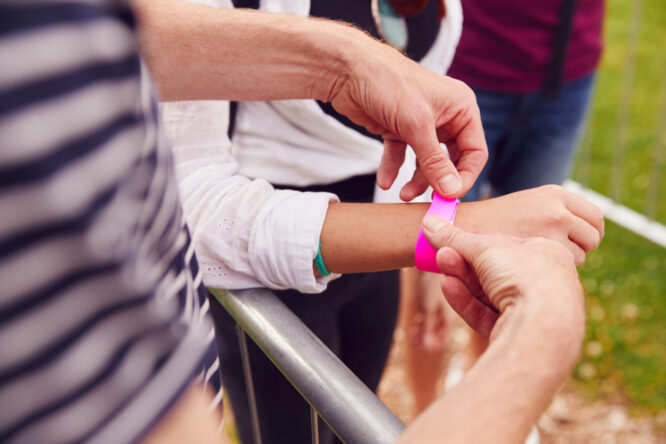
Wristbands, programmes, badges—little reminders from weddings, concerts, or festivals often get shoved into drawers and never looked at again. But something about them feels too specific to part with. Instead of letting them sit forgotten, choose one or two that still make you smile and find a way to display them, or let them go. The event happened. You lived it. You don’t need every scrap of it to validate the experience.
10. Books you’ve held onto for emotional reasons

That childhood favourite, the novel you read during a breakup, the one someone special gave you. You might not reread them, but they carry meaning that’s hard to explain. Keep the ones that still speak to you or bring back warmth when you hold them. The rest can go to someone who might actually read them. Sharing the story doesn’t erase your connection to it—it lets it live on.
11. Wedding or relationship mementos from the past

Old love letters, photos, dried flowers—it’s hard to know what to do with stuff from relationships that meant something, even if they ended. It can feel disrespectful to your current self or partner to keep them, but cruel to your past self to toss them. You don’t have to keep or destroy everything. There’s a middle ground. Maybe you store a few things somewhere private, just to acknowledge the chapter. You’re not holding onto the person; you’re honouring that version of you.
12. “Someday” sentimental items
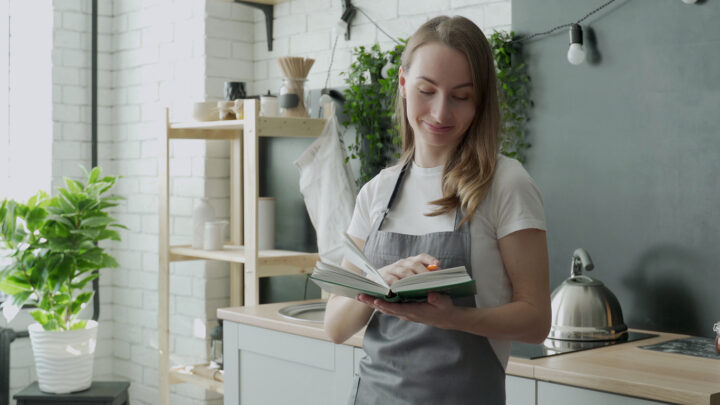
The vintage dress you swore you’d pass down, the childhood book collection you imagined reading to your future kids—these items are tied to versions of the future that may or may not happen. It’s okay to grieve those imagined moments and still let the item go. Letting go doesn’t mean the dream wasn’t real. It means your life took a different shape, and there’s value in making space for the version of it you’re actually living now.




